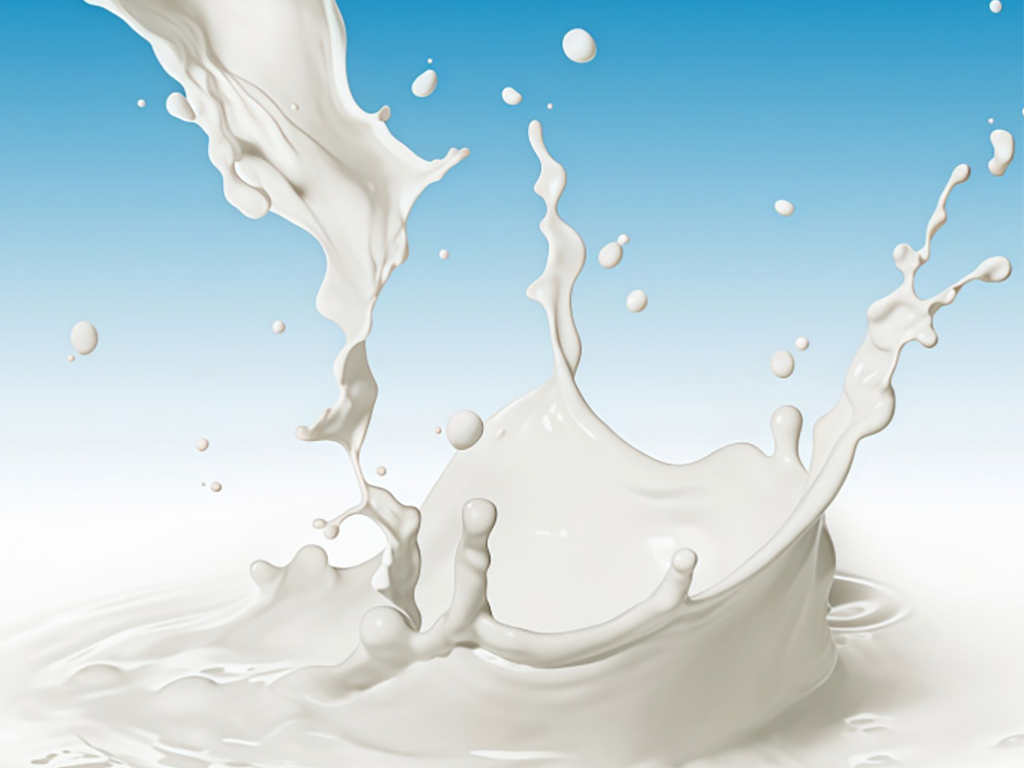オクチルアクリレートは汎用性の高いアクリル系モノマーであり、そのポリマーの柔軟性、耐候性、接着性を向上させる能力により、接着剤、コーティング剤、ポリマー改質など、さまざまな産業用途に利用されています。接着剤業界では、メチルアクリレートやアクリル酸などのモノマーと共重合して、包装用テープ、ラベル、医療用接着剤などの圧敏接着剤(PSA)を製造します。これにより、低温環境下でも確実な接着性を維持するための粘着性保持性や低温柔軟性が向上します。コーティング分野では、建築塗料、自動車用仕上げ塗料、工業用コーティング剤において、温度変化による基材の膨張や収縮に伴うひび割れを防ぐためのフィルム柔軟性を高める効果があり、耐候性や紫外線安定性にも寄与します。繊維産業および皮革産業では、オクチルアクリレート系ポリマーをバインダーおよび仕上げ剤として使用し、生地の柔らかさや耐久性、撥水性を向上させます。また、アクリル系エラストマーの製造にも用いられ、自動車用シール材やガスケットに必要な弾性や耐油性を付与します。さらに、プラスチック添加剤においても改質剤として活用され、PVCなどの硬質プラスチックの耐衝撃性を高める効果があります。他のモノマーとの高い適合性により、ポリマー特性を調整可能とし、腐食防止コーティング剤や高性能シーラントなどの特殊用途にも適しています。E Plus Chemical Co., Ltd.などのメーカーは、自社製品ラインナップの一環としてオクチルアクリレートを製造しており、2-エチルヘキシルアクリレートと併用してポリマー性能を最適化する役割を果たしながら、一貫した品質と供給体制でこれらの産業用途を支えています。
